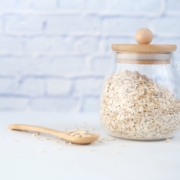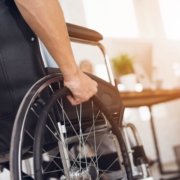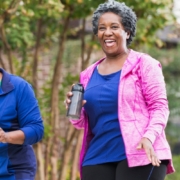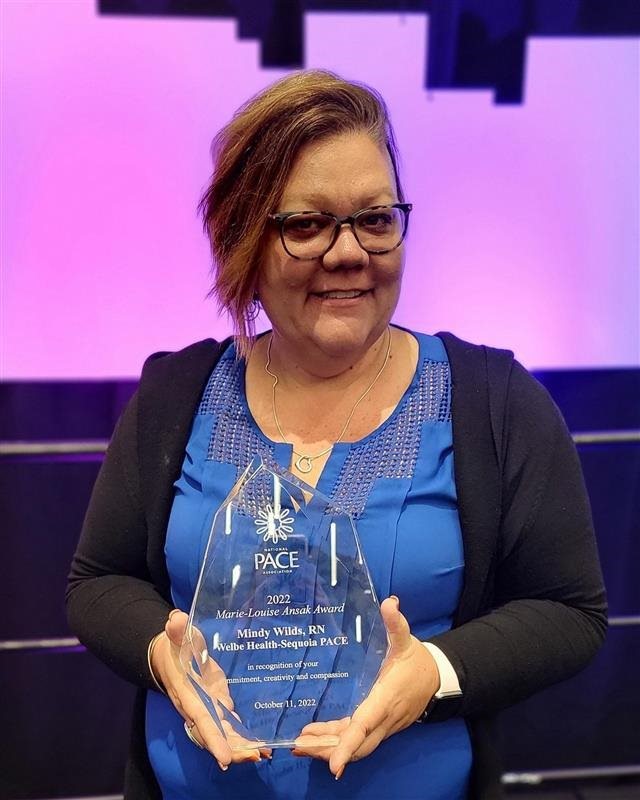Beat the Heat: Tips for Seniors to Stay Cool During the Summer
As temperatures rise during the summer months, staying cool and comfortable becomes important. This is especially important for older people who may be more likely to get sick from the heat. We will be sharing easy tips and plans to help seniors beat the heat and stay safe and healthy all summer long.
Hydration Is Key: Drink Plenty of Water
Proper hydration is a must in hot weather to prevent dehydration and stay healthy. Here are some tips to make sure seniors stay hydrated:
- Keep a water bottle close by: Remind yourself to take regular sips of water throughout the day.
- Keep track of how much water you’ve had: Try to go for at least 8-10 glasses of water daily.
- Include hydrating foods: Foods like fruits, vegetables, and soups can add to your overall hydration.
Dress for Comfort: Choose Light Weight Clothing
Wearing the right clothes can make a big difference in staying cool and comfortable. Think about these clothing tips for seniors:
- Light-colored, loose-fitting clothing: Choose light colors that reflect sunlight and loose fabrics that allow air circulation.
- Breathable materials: Choose natural fabrics like cotton or linen that are breathable and wick away moisture.
- Protective accessories: Hats, sunglasses, and sunscreen can add extra protection from the sun’s rays.
Create a Cool Environment: Beat the Heat Indoors
Creating a cool indoor environment is a must for seniors to escape the summer heat. Here are some ways to keep living spaces comfortable:
- Use fans or air conditioning: Make sure the area has good ventilation and airflow indoors.
- Close blinds or curtains: Keep direct sunlight out to keep a cooler temperature.
- Stay in shaded areas: If you go outside, look for shaded areas to stay out of direct sunlight.
Plan Outdoor Activities Wisely: Stay Safe in the Sun
While enjoying outdoor activities is important, it’s crucial to do so safely and responsibly. Consider these tips for staying safe in the sun:
- Avoid peak sun hours: Limit outdoor activities during the hottest part of the day (usually between 10 a.m. and 4 p.m.).
- Stay in shaded areas: Seek shade whenever possible to reduce sun exposure.
- Wear protective gear: Use hats, sunglasses, and lightweight, breathable clothing to protect against UV rays.
Stay Cool with Refreshing Treats: Enjoy Cooling Snacks
Adding hydrating and refreshing snacks into your diet can help beat the heat and keep your energy levels up. Try these cooling treats:
- Frozen fruit: Enjoy frozen grapes, berries, or slices of watermelon for a refreshing snack.
- Smoothies: Blend together fruits, yogurt, and ice for a delicious and hydrating treat.
- Iced teas or infused waters: Stay hydrated with flavorful iced teas or infused waters using fruits and herbs.
By following these simple yet effective tips, seniors can stay cool, comfortable, and healthy during the summer months. Remember to put hydration first, dress appropriately, create a cool indoor environment, plan outdoor activities wisely, and enjoy cooling treats to beat the heat and make the most of the summer season.
It’s your life. Live it your way.
WelbeHealth provides full-service healthcare and personalized support to help you age well at home and in your community. Our Program of All-Inclusive Care for the Elderly (PACE) meets the changing needs of seniors, often at no cost. To see if you qualify, visit: welbehealth.com/contact






























































